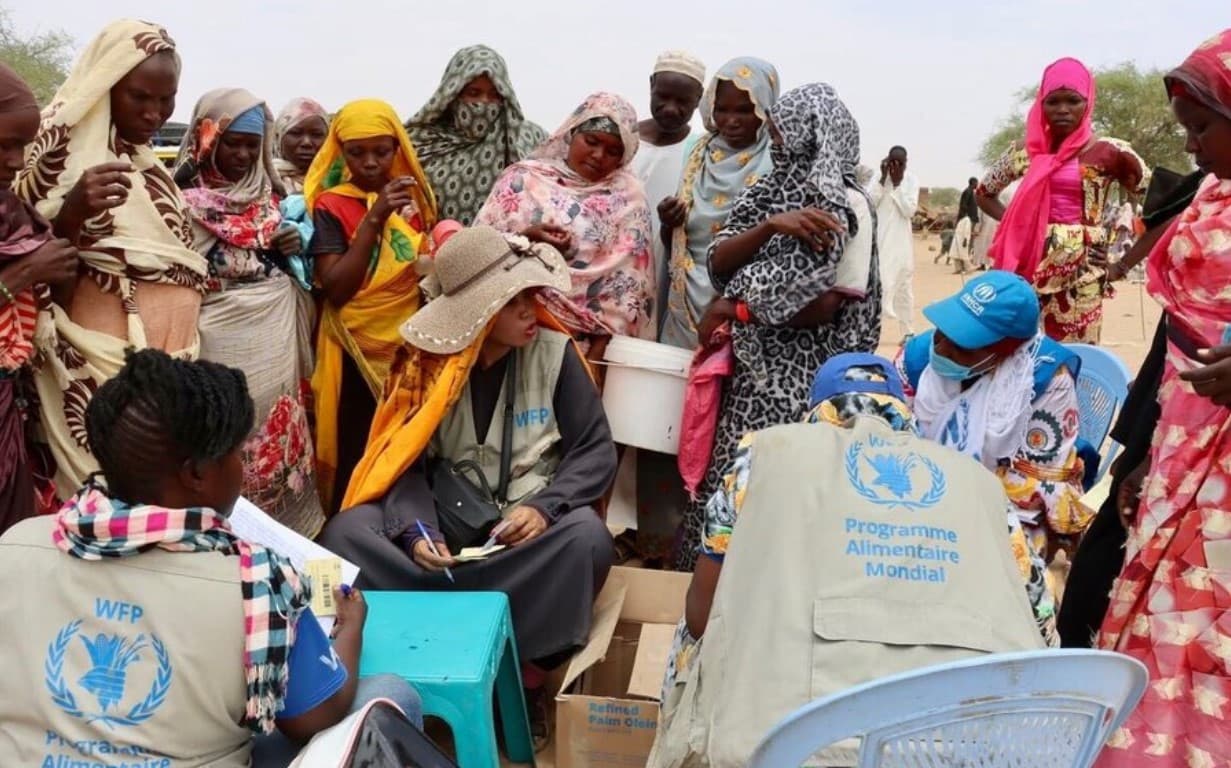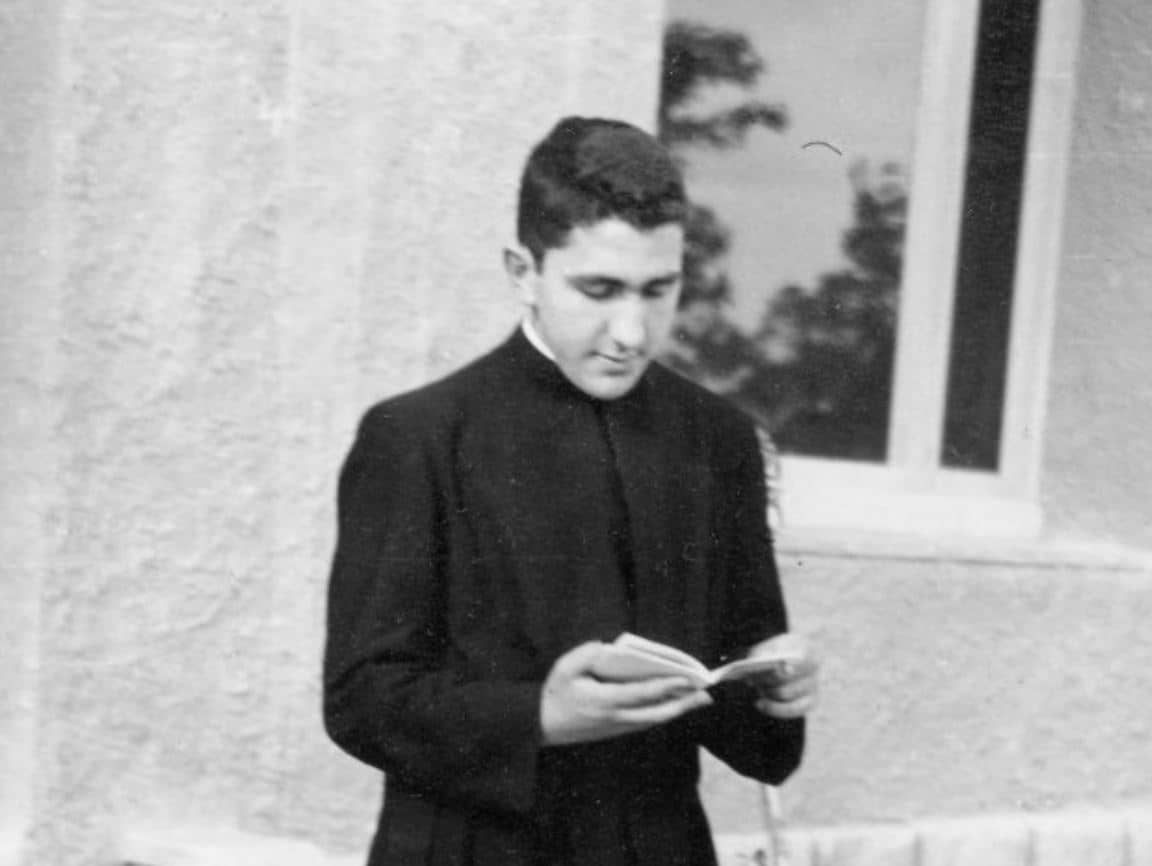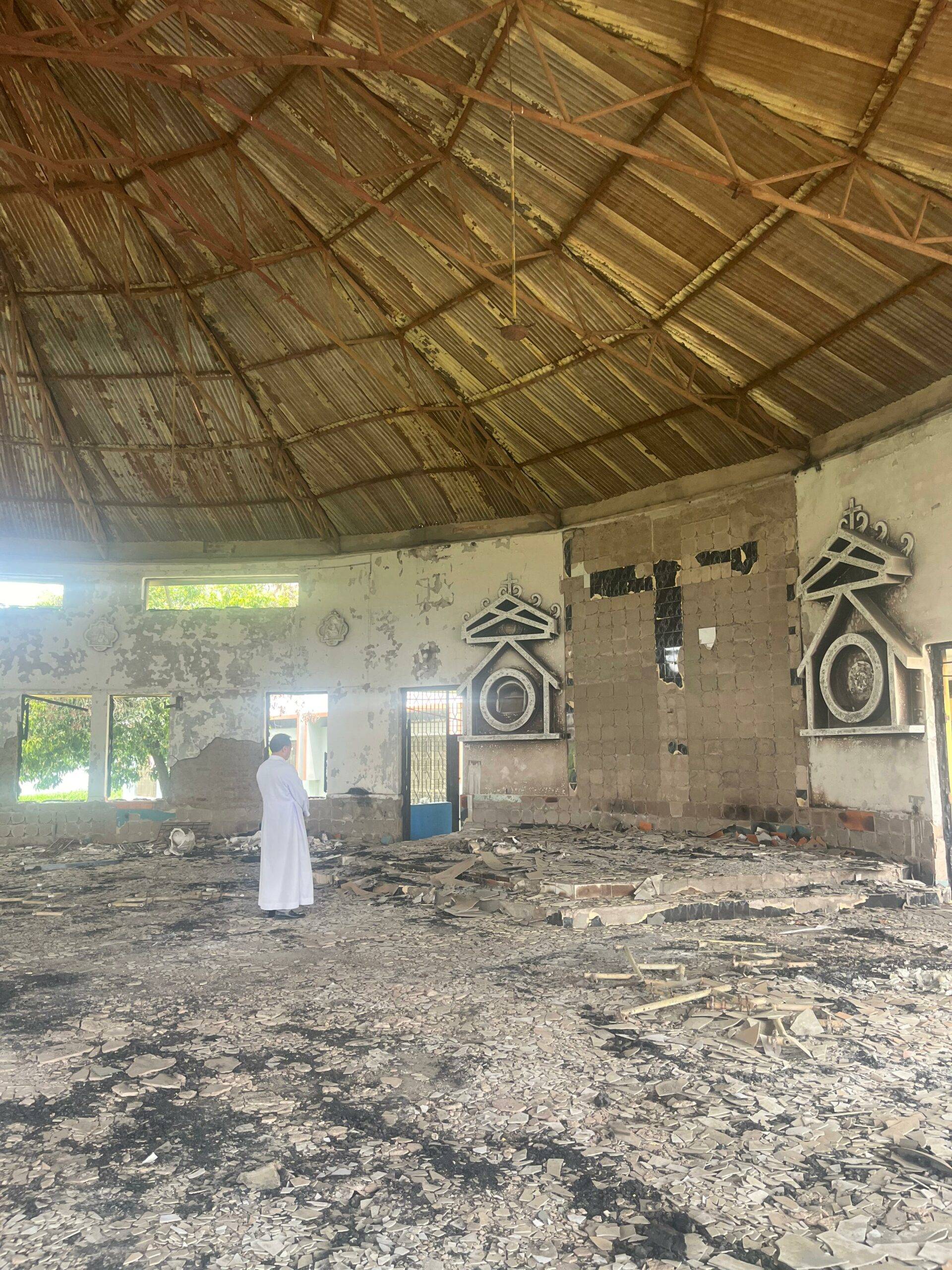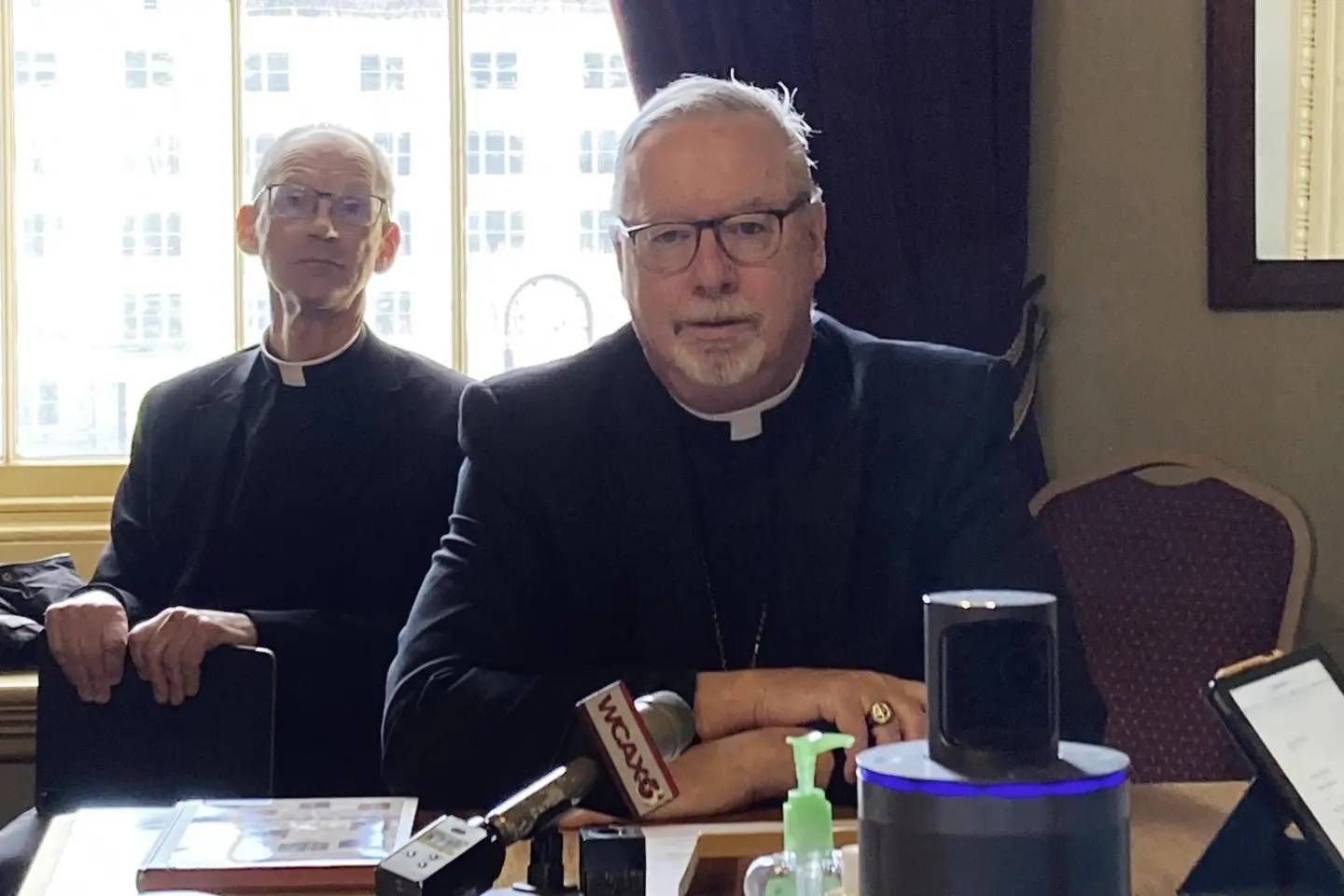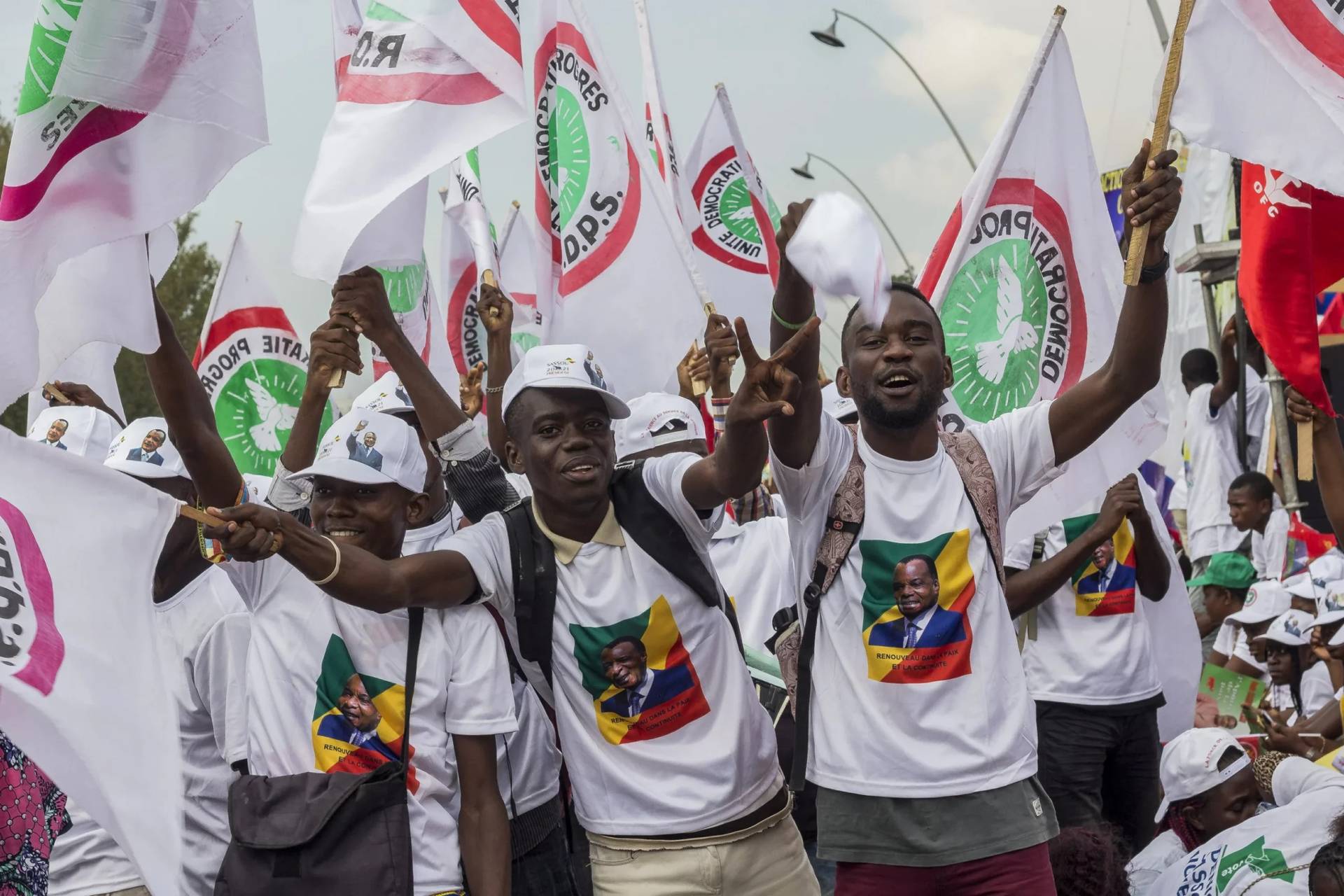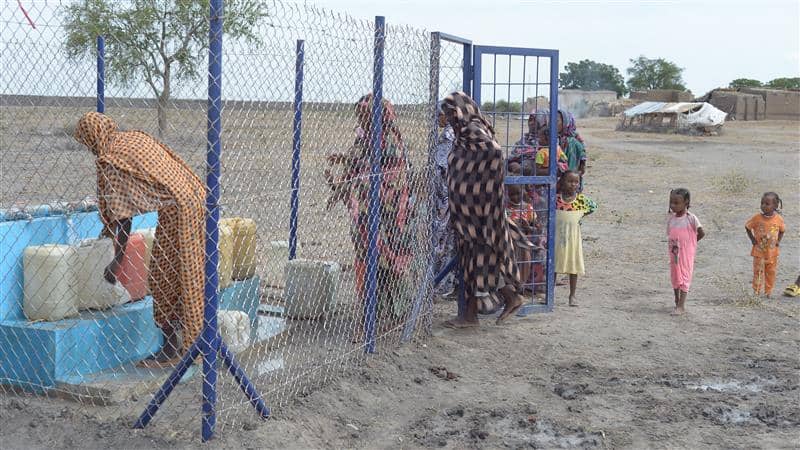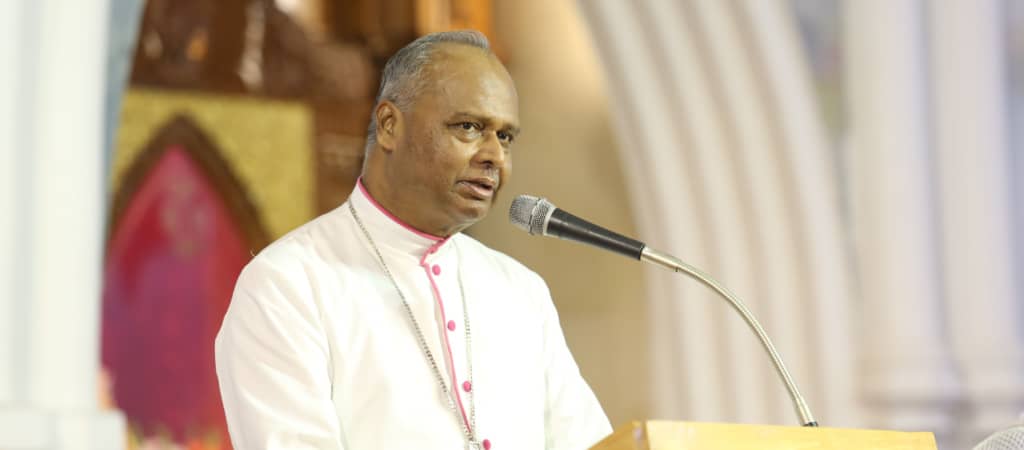YAOUNDÉ, Cameroon – As Sudan marked a grim one-year anniversary of bitter armed conflict last week, which came on top of what was already the world’s largest refugee and displaced persons crisis, the Catholic Church’s major international charitable organization is now warning of massive new challenges on virtually every imaginable humanitarian front.
“After having already endured years of protracted crisis in the country, the Sudanese people now face much greater threats to their safety and security, housing, water, food, essential health infrastructure and education,” said an April 15 statement from the Caritas Internationalis.
According to Caritas, nearly one-third of Sudan’s population, approximately 18 million people, is now grappling with acute food shortages.
Within this group, Caritas said, five million face extreme food scarcity, including life-threatening conditions, especially in the regions of West and Central Darfur. The areas most impacted by the fighting, such as Al Jazirah, Darfur, Khartoum, and Kordofan, continue to suffer the greatest hardships.
The conflict, which broke out on April 15, 2023, stemmed from a power struggle between General Abdel Fattah al-Burhan and General Mohamed Hamdan Dagalo, known as Hemedti. Their inability to form a unified leadership after toppling dictator Omar al-Bashir in 2019 led to a violent confrontation.
The Sudanese Armed Forces, loyal to Burhan, and the RSF, under Hemedti’s command, have thrown the country into a devastating war. At least 15,000 people have been killed in just one year of fighting, according to the Council on Foreign Relations’ Global Conflict Tracker. More than 8.2 million have been displaced, with nearly 2 million seeking refuge in countries already stretched like Chad, Ethiopia, and South Sudan.
“Together with the 3.8 million internally displaced persons from past internal conflict, Sudan currently faces the largest internal displacement crisis in the world and the most significant child displacement crisis, with more than 3 million children displaced inside and outside the country,” Caritas said.
With headquarters in Rome, Caritas Internationalis is a papally-sponsored global federation of 162 Catholic relief and development agencies across the world.
The United Nations has reported that over 25 million individuals in Sudan are in dire need of humanitarian aid, with the escalating food crisis potentially leading to the most severe hunger emergency globally.
The Caritas statement also talked about outbreaks in such diseases as cholera, which it said are “compounding the impact on the population, two-thirds of whom lack access to healthcare.”
In addition, the conflict has triggered gross human rights violation, particularly inflicted on women and children, according to the UN.
“Our teams in the region describe horrific ordeals being faced by forcibly displaced women and girls when fleeing Sudan,” said Filippo Grandi, UN High Commissioner for Refugees.
“This shocking array of human rights violations must stop. Help to support survivors and those at risk is urgent, but so far, funding is falling extremely short,” he said.
The World Health Organization reports that assaults on healthcare facilities have exacerbated the struggle for women and girls to obtain essential medical services. With almost 75 percent of health institutions non-functional and outbreaks of diseases on the rise, access to healthcare remains out of reach for two-thirds of the populace.
Caritas has warned that the situation is likely to get worse “given the radically reduced production of Sudan’s main staple cereals of sorghum and millet.”
Caritas complained that even as the needs continue to rise, the UN humanitarian appeal wasn’t getting the necessary response, with only 7 percent currently being funded. Yet, the group said, “the 2024 Sudan Regional Refugee Response Plan urgently requires $1.4 billion to continue critical life-saving interventions and protection to 2.7 million refugees, returnees and host communities in five neighboring countries.”
With the picture getting direr by the day, Caritas has appealed for the mobilization of new resources and the establishment of partnerships with diaspora networks and agencies to ensure that assistance reaches those most in need. The organization has called for a more decisive and collective international response to expand humanitarian access, including cross-border initiatives from Chad and South Sudan, with the goal of securing an immediate ceasefire and resolving the conflict that has precipitated the gravest hunger crisis of 2024.
“We urge the international community not to abandon the people of Sudan, despite the focus on conflicts elsewhere,” the Caritas statement said.
“While there are many positive grassroots efforts to support, including peace building initiatives by religious and traditional leaders and financial provision flowing from the Sudanese diaspora, we appeal urgently for much greater international humanitarian support to mitigate the enormity of the suffering of the people.”
This call echoes the sentiments expressed by Pope Francis on February 18, when he implored the conflicting factions in Sudan to lay down their arms and pursue peace.
“It has now been ten months since the outbreak of armed conflict in Sudan, which has resulted in a very serious humanitarian situation,” Francis said during his Angelus Prayer.
“I again call on the warring parties to stop this war that is doing so much harm to the people and to the future of the country. Let us pray that ways of peace will soon be found to build the future of dear Sudan,” he said.
